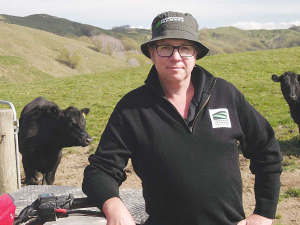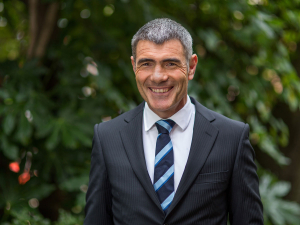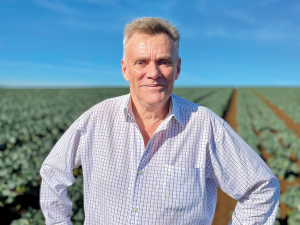Federated Farmers meat and wool chair, Toby Williams says what the Government has effectively signed up for is a decade more of planting pine trees on productive land because that’s the only way for our country to achieve such a steep reduction.
He says even by 2035, as half of New Zealand’s emissions are from agriculture, a target of 51-55% is still not feasible.
Williams says the only other option is to spend billions of dollars overseas to buy offshore credits, or plant pine trees, destroying our iconic and world-famous landscapes. He notes that last year, the Climate Commission suggested keeping an all-gases target and at least a 50% reduction, which would mean another 850,000 hectares of land converted to forestry.
“To paint a clear picture, that’s an area five times the size of our country’s treasured Molesworth Station. That would be devastating, forever changing the face of New Zealand,” he says.
Williams says there is a very real risk that we could become the great pine plantation of the South Pacific - hardly something to be proud of.
“The Government needs to be setting climate targets that are realistic and achievable,” he says.











